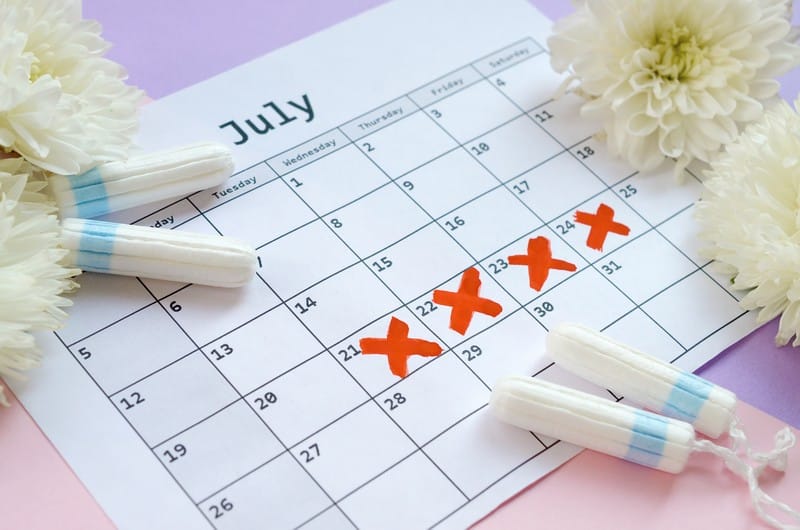Polycystic ovarian syndrome (PCOS) is an ovary disorder that produces an imbalance of reproductive hormones. PCOS triggers the overproduction of hormones, leading to complications such as infertility. During this time, several things are more likely to happen. First, the egg cell might not develop as it should, which means it will just be sent out of the body during menstruation. On the other hand, others may experience an unpredictable menstrual period. Patients with PCOS can’t afford to produce hormones for ovulation, leading to the development of cysts in the ovaries.
PCOS is unpredictable; patients may experience different symptoms and complications. But most of the time, infertility is not the only issue. PCOS increases the risk of developing other illnesses, such as diabetes and high blood pressure. In addition, according to a recent survey, women in their 20s and 30s who are overweight, have family members with PCOS, and are living an unhealthy lifestyle are more likely to develop PCOS symptoms.
Approximately 6 million women in the USA suffer from PCOS, but most are not properly diagnosed. Since PCOS is a complex condition, early intervention and proper medication are needed to prevent further complications. Therefore, women should watch out for its symptoms.
Irregular Period

Menstruation or period is a monthly flow of blood from the shedding of the uterus lining that a non-pregnant woman experiences, typically lasting for a few days. It is usual for girls to experience varying lengths of the menstrual cycle. A regular menstrual cycle happens between 21 to 35 days after the last day of the previous period. Anything beyond the normal range is considered irregular, and patients are advised to consult their doctors immediately.
Many factors, such as hormonal issues, cause irregular periods or unpredictable menstruation. Two of the primary hormones that influence the period or menstruation of a woman are progesterone and estrogen, which are responsible for balancing the woman’s menstrual cycle. In most cases, women experiencing irregular menstrual cycles suffer from PCOS.
Research initiated by women’s health and wellness showed that 33 percent of women aged 18 to 35 years old are in an irregular period condition caused by their unhealthy lifestyle. Most patients with PCOS do not engage in regular exercise and physical activities. Furthermore, they also follow unhealthy diets, mainly processed and junk food.










